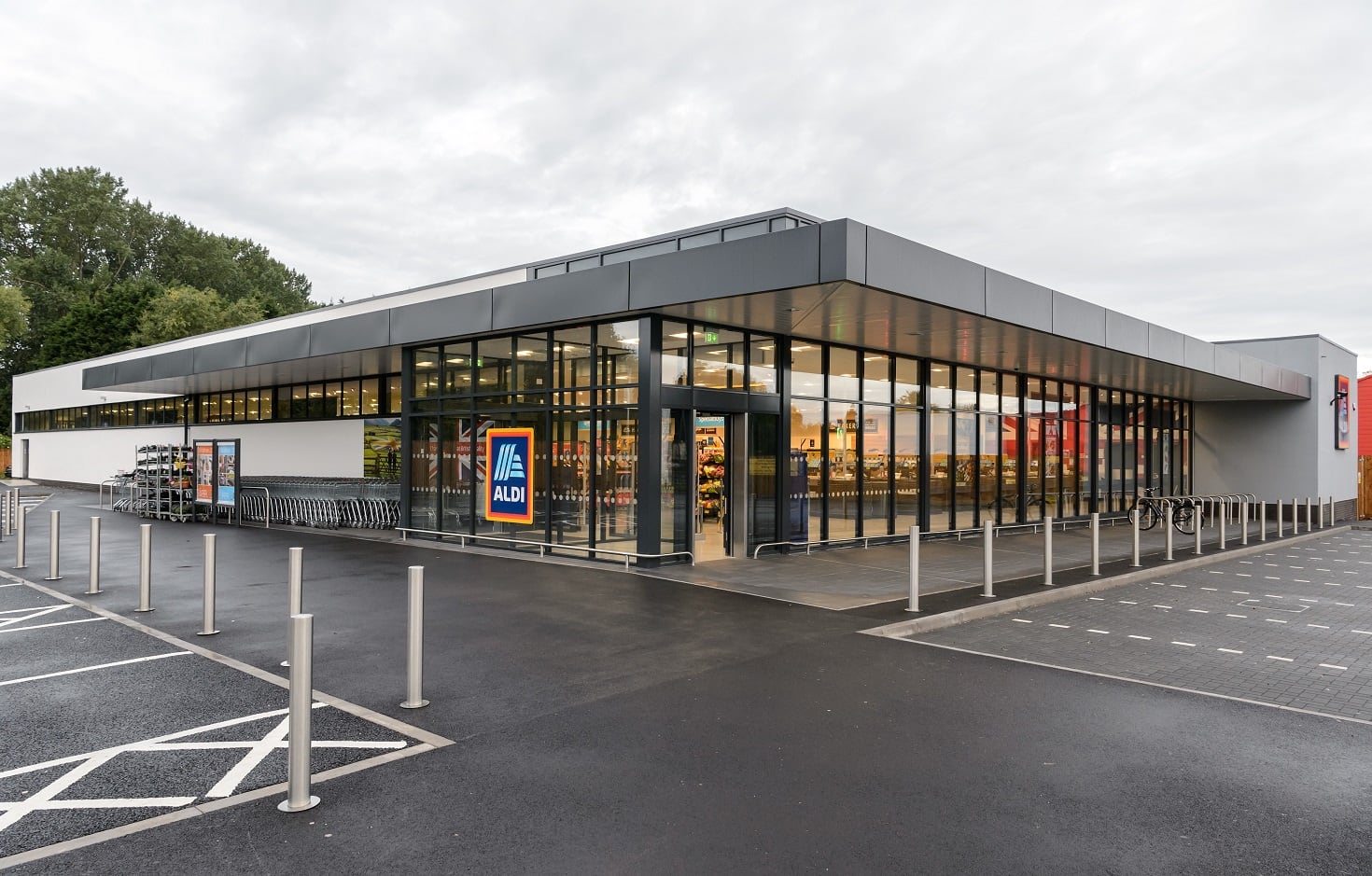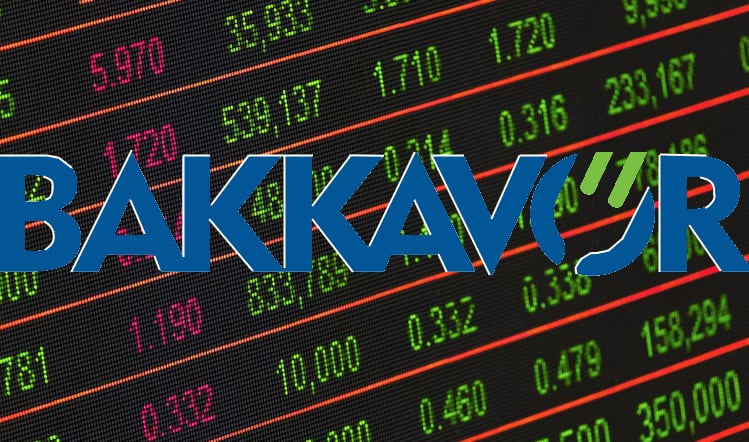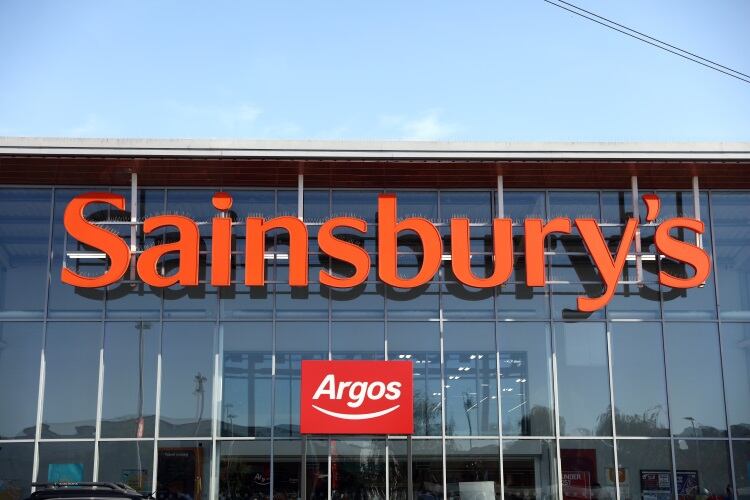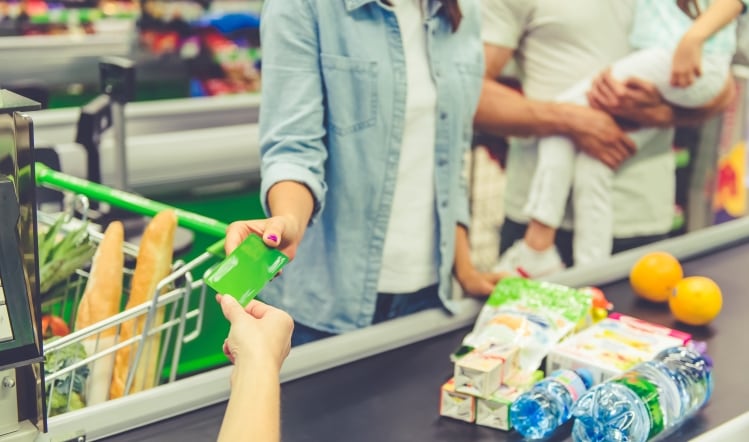Shoppers’ spend had continued to slow for the third consecutive month, with sales up 1.2% in the four weeks to 23 March, below consumer price index growth of 1.9%, Nielsen claimed. The retail spend increase compared with 2.5% growth during the previous month.
Nielsen attributed the slowdown to several factors, including the increased cost of living from rises in energy and fuel prices and planned increases in council tax. Extended uncertainty over Brexit negotiations also seemed to be causing shoppers to tighten their grocery budgets, it said.
“The first quarter of 2019 has shown a continued slowdown in consumer spending on grocery, with the average household spend each week on groceries amounting to £71, back to the level last seen in October 2017 (excluding March 2018, where sales were stronger due to the ‘Beast from the East’, which caused people to stock up, and an early Easter),” said Mike Watkins, Nielsen’s UK head of retailer insight.
‘Change in behaviour’
“This means that grocery spend remains broadly unchanged in the past 18 months despite inflation. We can see a change in shopping behaviour, as well as a shift in sentiment as households shop around to make savings.”
In its 12-week period, the combined market share of the top four supermarkets had been 64.1%, compared with 65.6% last year, Nielsen claimed. In tandem with this, it said discounters Aldi and Lidl had boosted their market share to a high of 16%.
According to Kantar, Asda had emerged well in the 12 weeks to 24 March, building on two consecutive years of growth to reach market share of 15.4%.
Tesco grew by 0.5% to achieve market share of 27.4%, 0.2 percentage points lower than a year ago. Sales at Sainsbury’s fell by 1.8% and market share dropped by 0.5 percentage points to 15.3%. Meanwhile, growth accelerated at the Co-op, taking its market share to 6.1%.
Despite attracting an additional 40,000 shoppers over the past year, sales at Morrisons fell by 0.1% during this period as visitors picked up fewer items on each trip to the store.
At 1.3%, Waitrose posted its strongest growth since August 2018, as running less promotional activity than last year has allowed full price sales to increase. Iceland sales increased by 0.6%, with its share staying at 2.1% of the market.
Aldi, Lidl
Aldi reached a record grocery retail market share of 8%, achieving 10.6% sales growth, with 13 million households shopping there during that period, more than Morrisons, according to Kantar’s 12-week assessment.
Lidl had been the second-fastest growing supermarket, with sales increasing quicker than last month at 5.8% and market share growing by 0.3 percentage points to 5.6%, Kantar reported. Particularly strong growth was seen in bakery goods, frozen foods and biscuits.
Kantar highlighted that consumers had spent £146m on Easter eggs during the period. Loose fruit and veg sales had grown at twice the rate as those wrapped in plastic, suggesting environmental concerns were influencing purchasing behaviour.
“Consumers are applying pressure on the retailers when it comes to packaging and making their feelings known in the fruit and vegetable aisles – 21% of fruit, vegetable and salad items were sold loose over the past 12 weeks, with sales growing twice as quickly as packaged produce,” said Fraser McKevitt, consumer head of retail and consumer insight at Kantar.
Brighter times ahead
“We can see that the last few weeks have continued to be challenging for retailers,” said Watkins. “However, there should be brighter times ahead, with Easter on the horizon bringing attractive seasonal promotions to encourage shoppers to spend more on confectionery, snacks and drinks.
“If this is accompanied by warm spring weather and more clarity over the status of Brexit, this will help to kick-start growth for the big supermarkets and boost sales in time for summer.”




